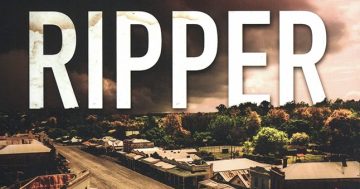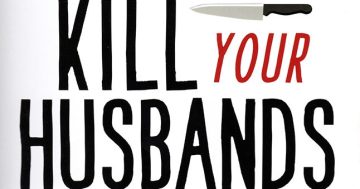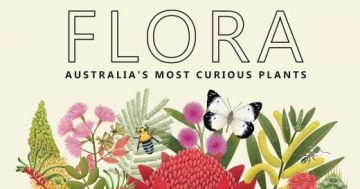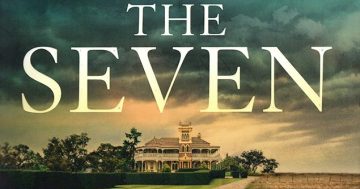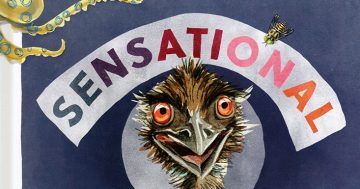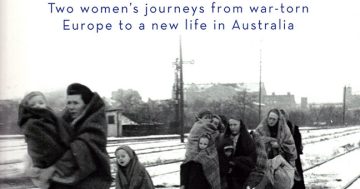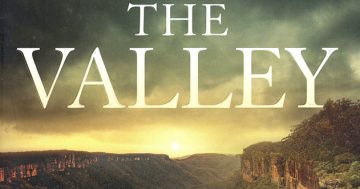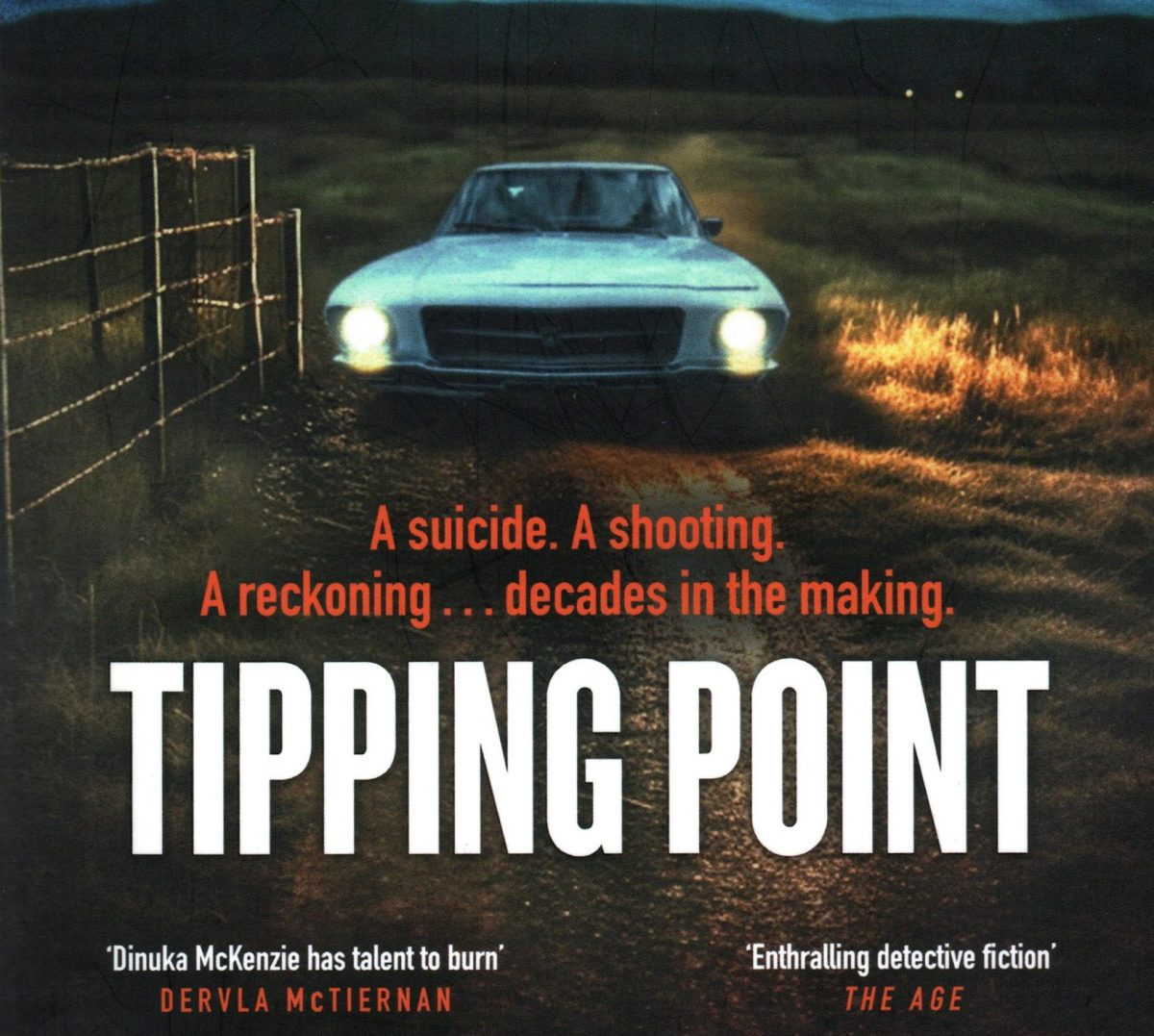
Dinuka McKenzie’s Tipping Point is a detective story with deeper questions for readers. Image: Supplied.
It is the notion of morality that ties our books together this month.
It’s difficult to put a Dinuka McKenzie down once started, and Tipping Point, (HarperCollinsPublishers), her third Detective Kate Miles crime fiction, is no exception.
What makes Kate such an attractive heroine is, I think, the fact she is so very human, grappling with the day-to-day vicissitudes of family life whilst juggling it with her career as a committed police officer. While the point is not laboured, it is always on our minds and this mundanity gives us fellow feeling.
Family is important in all of the Kate Miles books and in this one it is sibling relationships that predominate. Dual plots involving Kate’s brother Luke carry us through the crime investigations central to the story – two deaths quickly follow one another, both of childhood friends of Luke.
Themes of sexual abuse and misconduct bind the subplots of this story. The questions are moral ones: how culpable are we when we remain silent? What are the limits of blood loyalty? Are we responsible for the long-term trauma of others?
Tipping Point is a strongly feminist work, but not of the shouty kind. There’s something Dostoyevskyan here, the notion of our responsibility for the sins of others and the change of consciousness that results from accepting this.
Moral musing aside, this is also a ripping read that demands your attention to the end. It’s cleverly constructed and well written by this accomplished young author whose command of the crime genre is unquestionable.
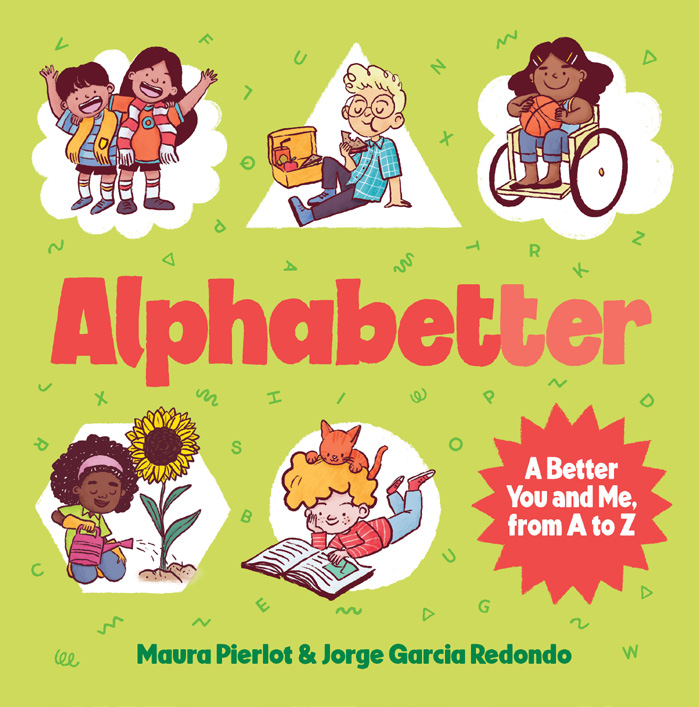
Alpha-better puts a thoughtful twist on growing up. Image: Supplied.
The question of how early one should teach ethics to children and in what form is at the heart of Maura Pierlot and Jorge Garcia Redondo’s Alphabetter (Affirm Press 2024)
In using the traditional form of the alphabet book, Maura redirects our reading and thinking to meaningful content, to ideas rather than objects.
The book also departs from its traditional cousins by speaking directly to the reader or listener – for example, as well as providing synonyms for adventurous, it asks: How can you be adventurous?
There has been a conscious decision to represent many different children. The artist portrays a vast range of emotions with his clear scenarios and clever renditions of facial expressions and body language.
Alphabetter is a morality text. It invites everyone to be an active participant in ethical thinking and behaviour, to consider what it is to be a worthy citizen and human being.
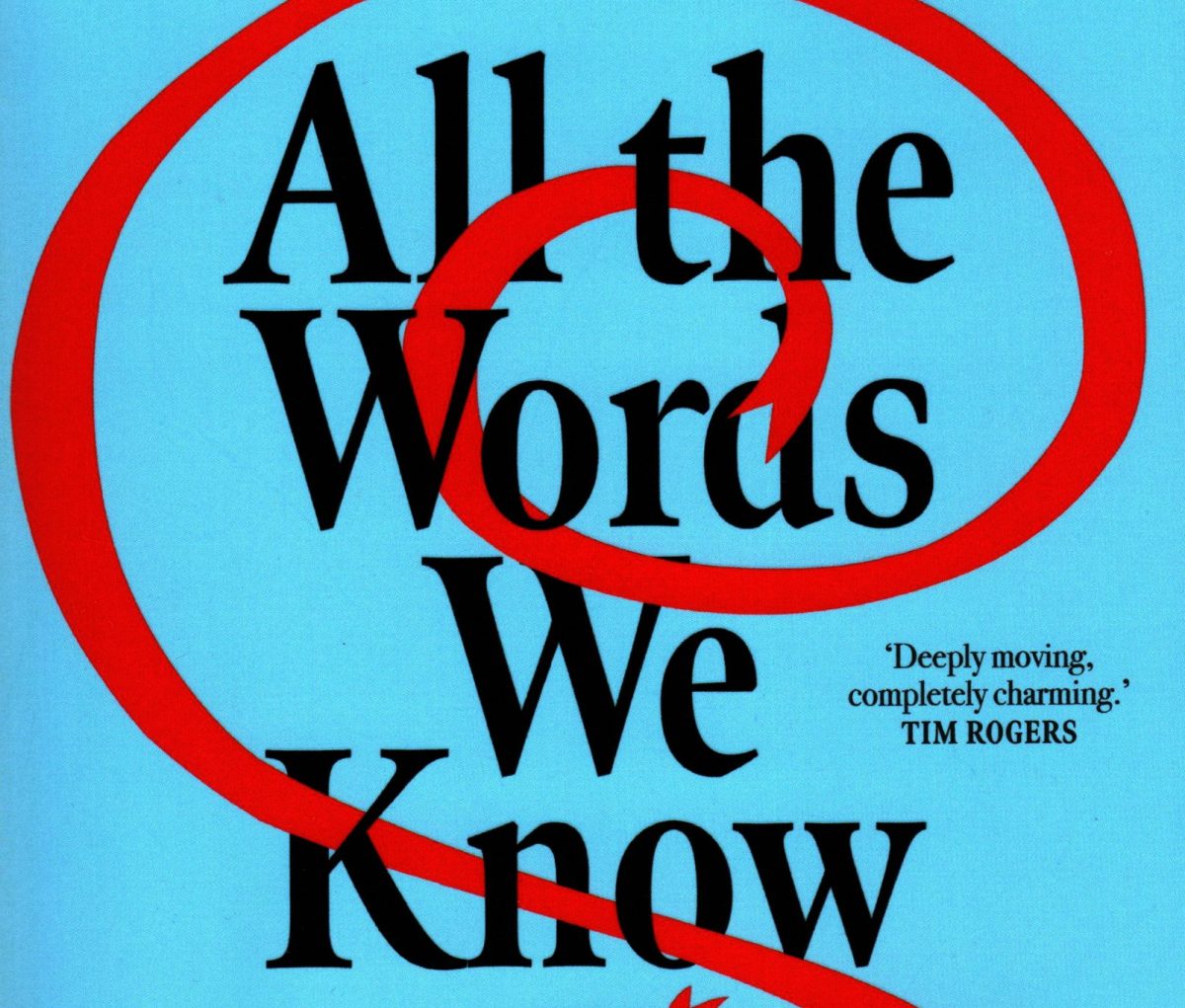
Bruce Nash’s All the Words We Know is an intriguing piece of crime fiction with an unlikely sleuth at its heart. Image: Supplied.
And finally, Bruce Nash: All the Words We Know (Allen & Unwin), in which we find ourselves distracted by the author’s scintillating language games from the fact that this is really a work of crime fiction.
Heroine Rose, confined to an aged care home, reminds us with her dementia-inspired word-muddles what an expressive language English is and how capable of nuance it is. This is deliciously clever writing.
Despite her limitations, Rose retains a keen intelligence and a capacity for observation and deduction. Her comments are wickedly funny, sometimes deliberately, sometimes ‘by accident’. There is no doubt, however, she is on to something rotten in the care home.
Rose’s description of her granddaughters with their gen alpha phone habits and lingo indicates she both understands a great deal and does not; she reacts with the same bemusement we all probably feel when trying to fathom the behaviour and language of a younger generation.
Nevertheless, she does learn from her observations and from what they tell her; enough in fact to solve a major crime.
Memory is a constantly ebbing creature in this work. Rose grapples to retrieve the happy memories and the not so happy and to express the reasons for her actions, to excuse herself from the wrongs she feels she has committed towards her children. In the end, there is the sense that love has triumphed.
This is a compassionate work, cunningly constructed and gently observed but with a lusciously acid humour. It’s a work of startling originality and an absolute pleasure to read.
Barbie Robinson is co-founder and content creator for Living Arts Canberra, a not-for-profit media outfit supporting arts and community in the Canberra region and books worldwide through its website, podcast interviews and a 24/7 internet radio station.












